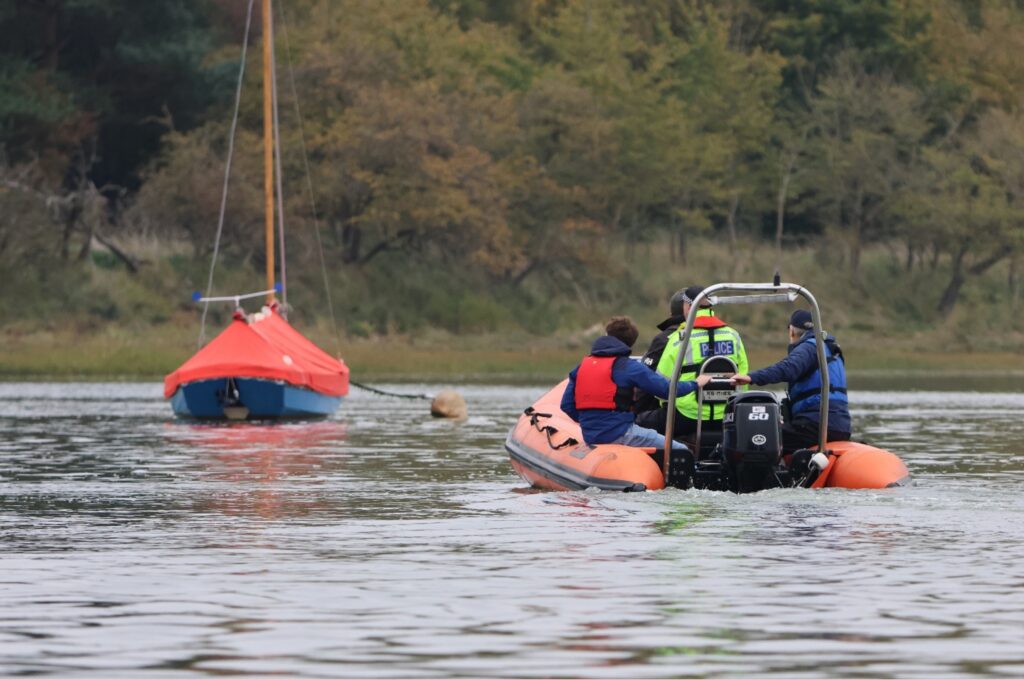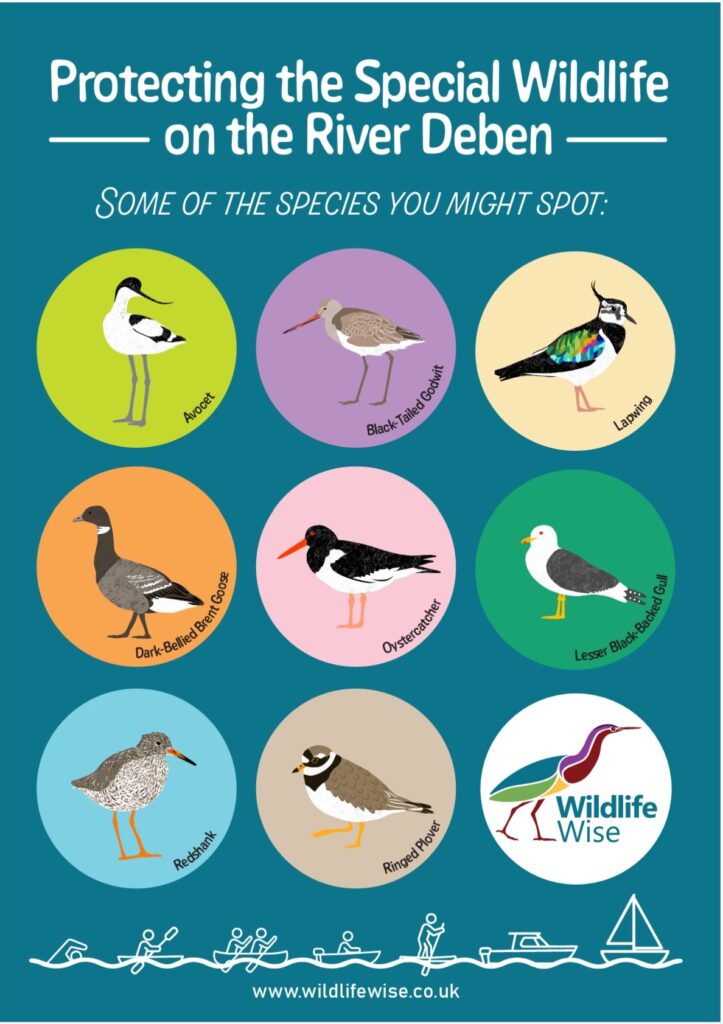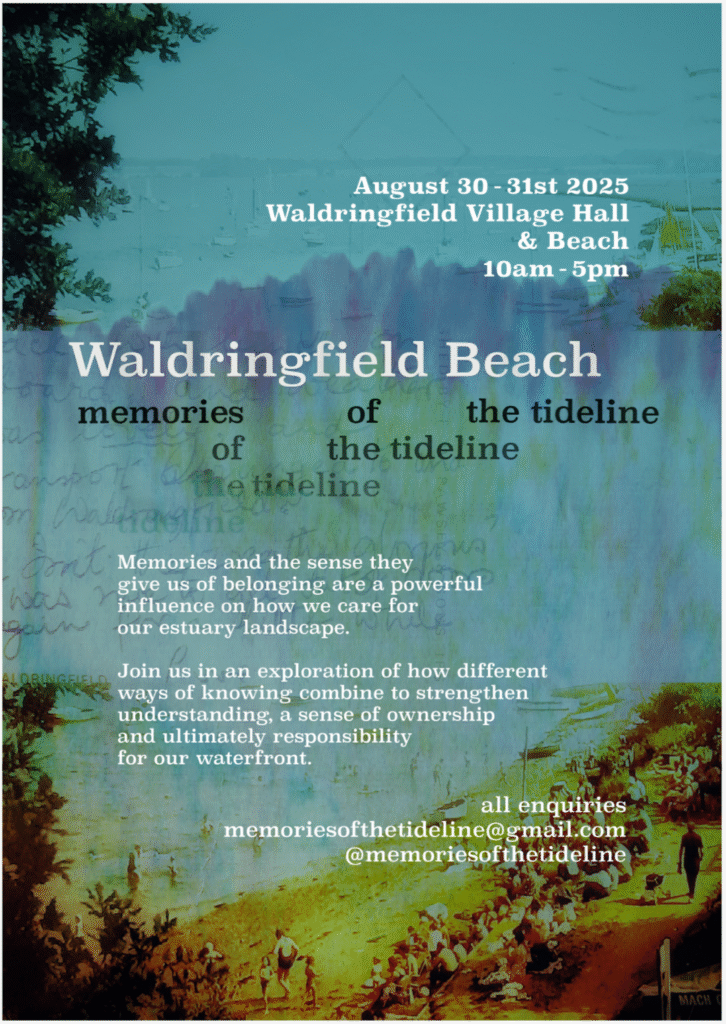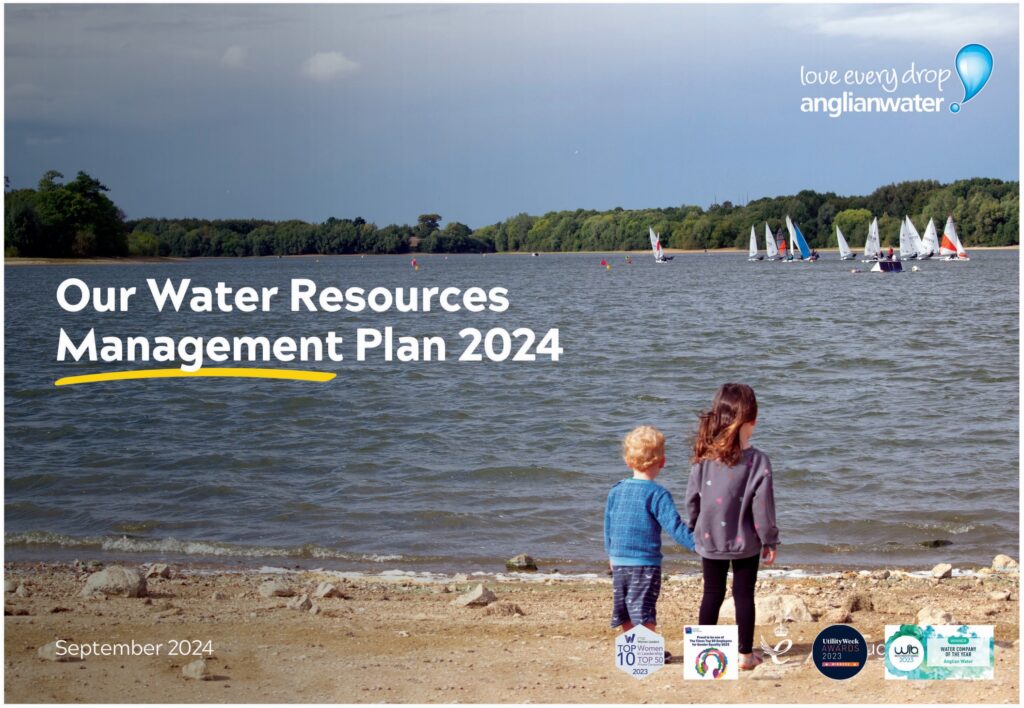
Supported by the DEP and RDA, East Suffolk Council’s Wildlife Wise team and Suffolk Police’s Rural, Wildlife and Heritage Crime team were together on the water this weekend to see the river and its environment from a different perspective, and to engage with the public in protecting the river’s wildlife and promoting responsible use of this much-loved waterway.
Throughout the afternoon, two patrol boats crewed by Wildlife Wise rangers and an officer from Suffolk Police’s Rural, Wildlife and Heritage Crime Unit conducted high-visibility patrols between Wilford Bridge and Waldringfield. The teams engaged with river users, sharing advice on how to enjoy the river safely and respectfully while helping to minimise disturbance to wildlife. They also met with the Scouts and volunteers from Transition Woodbridge, who were doing a litter pick along and in the Deben that afternoon.
With input from the RDA and other local organisations, Wildlife Wise have developed a colourful information pack that they hope will help people appreciate the Deben for its tranquillity and its wildlife. “Our goal is to help people get the most from the river they love, while ensuring it remains a haven for wildlife,” Will added. “The Deben is a shared space, and by being aware and considerate, we can all help protect it.”



